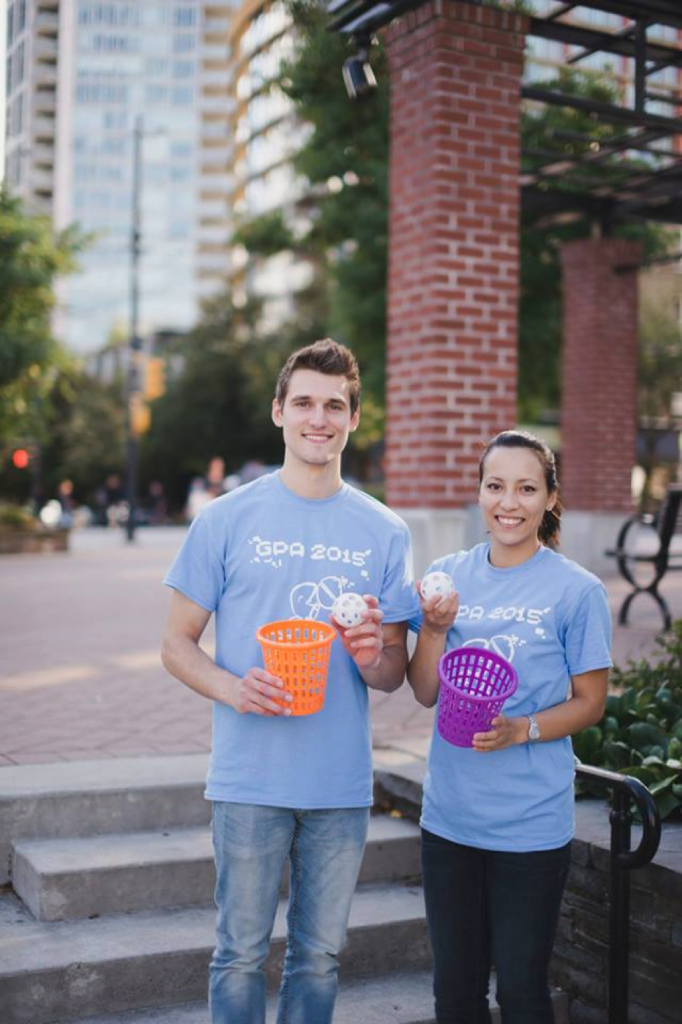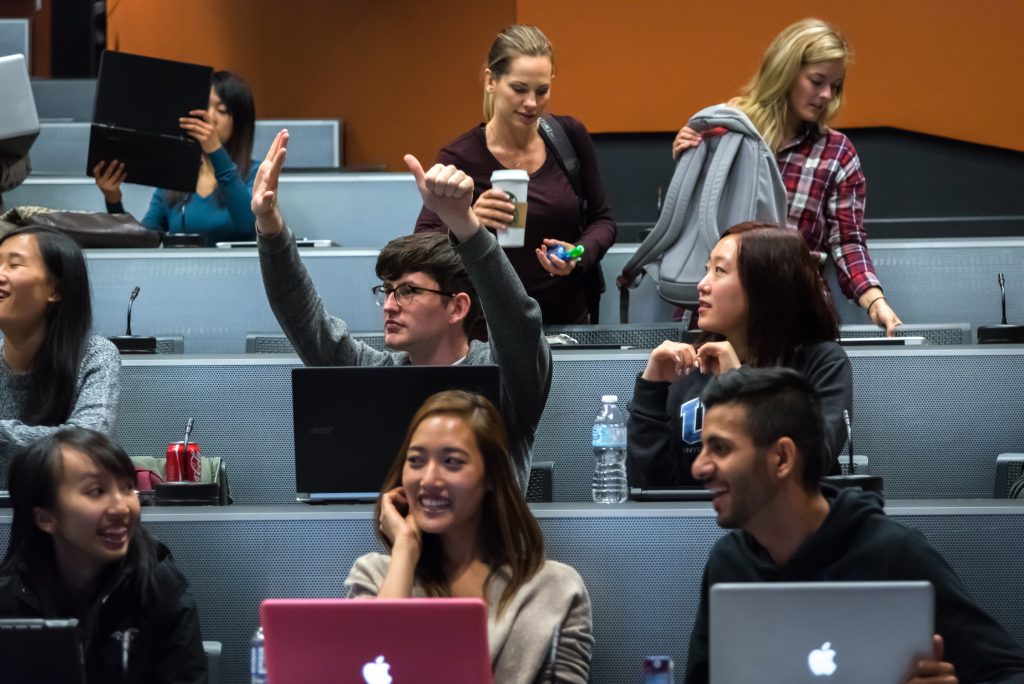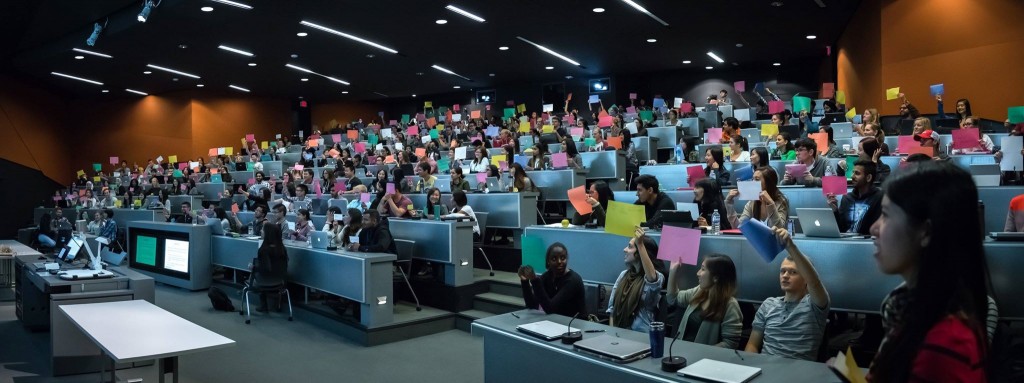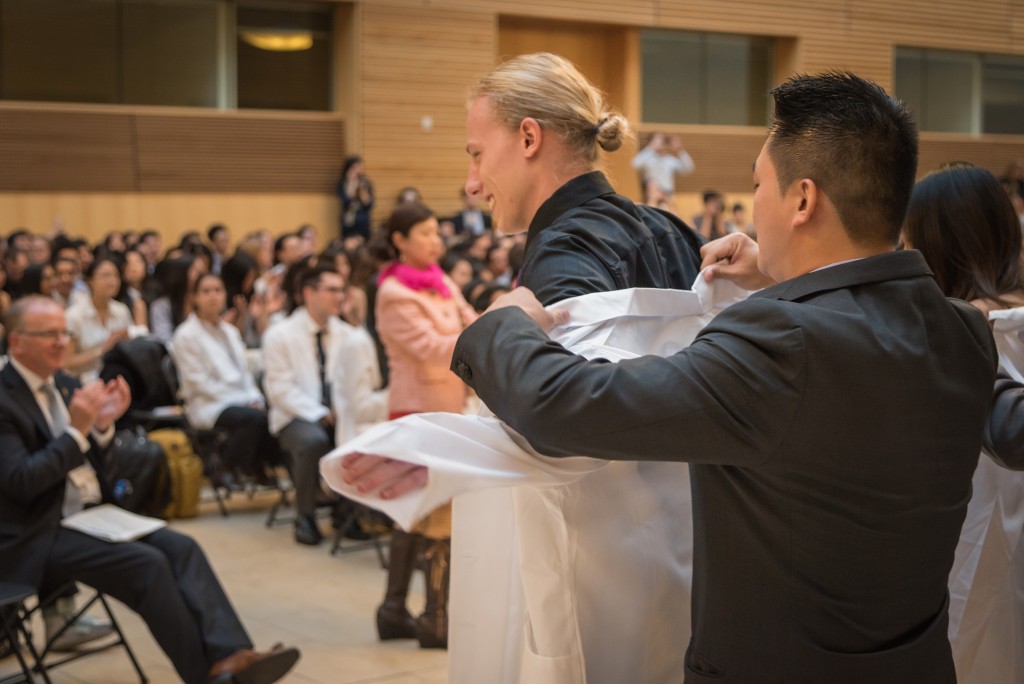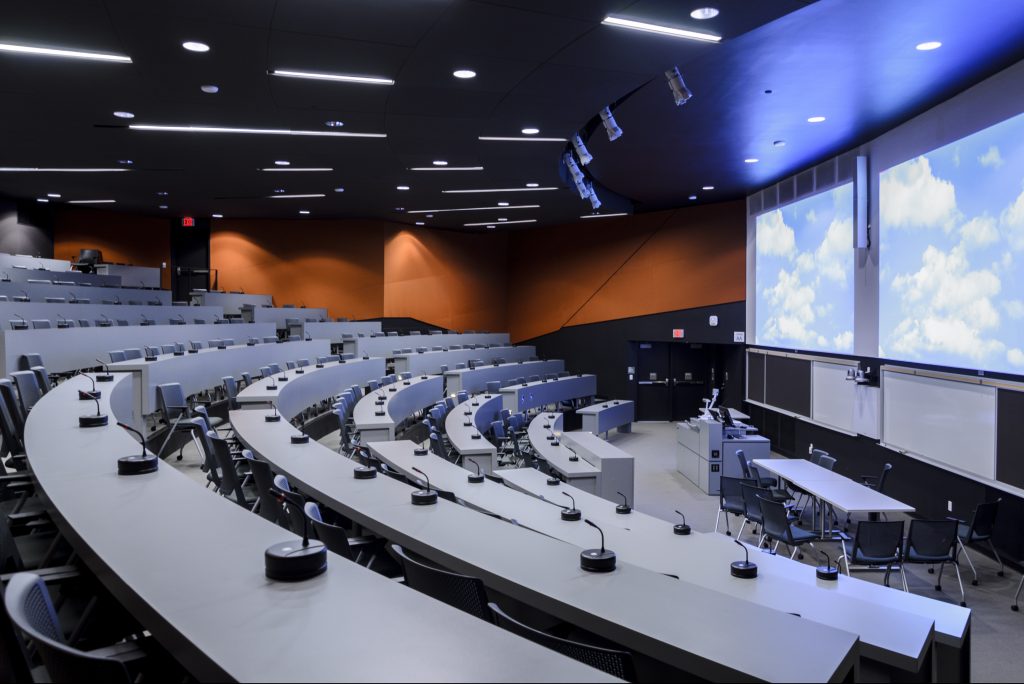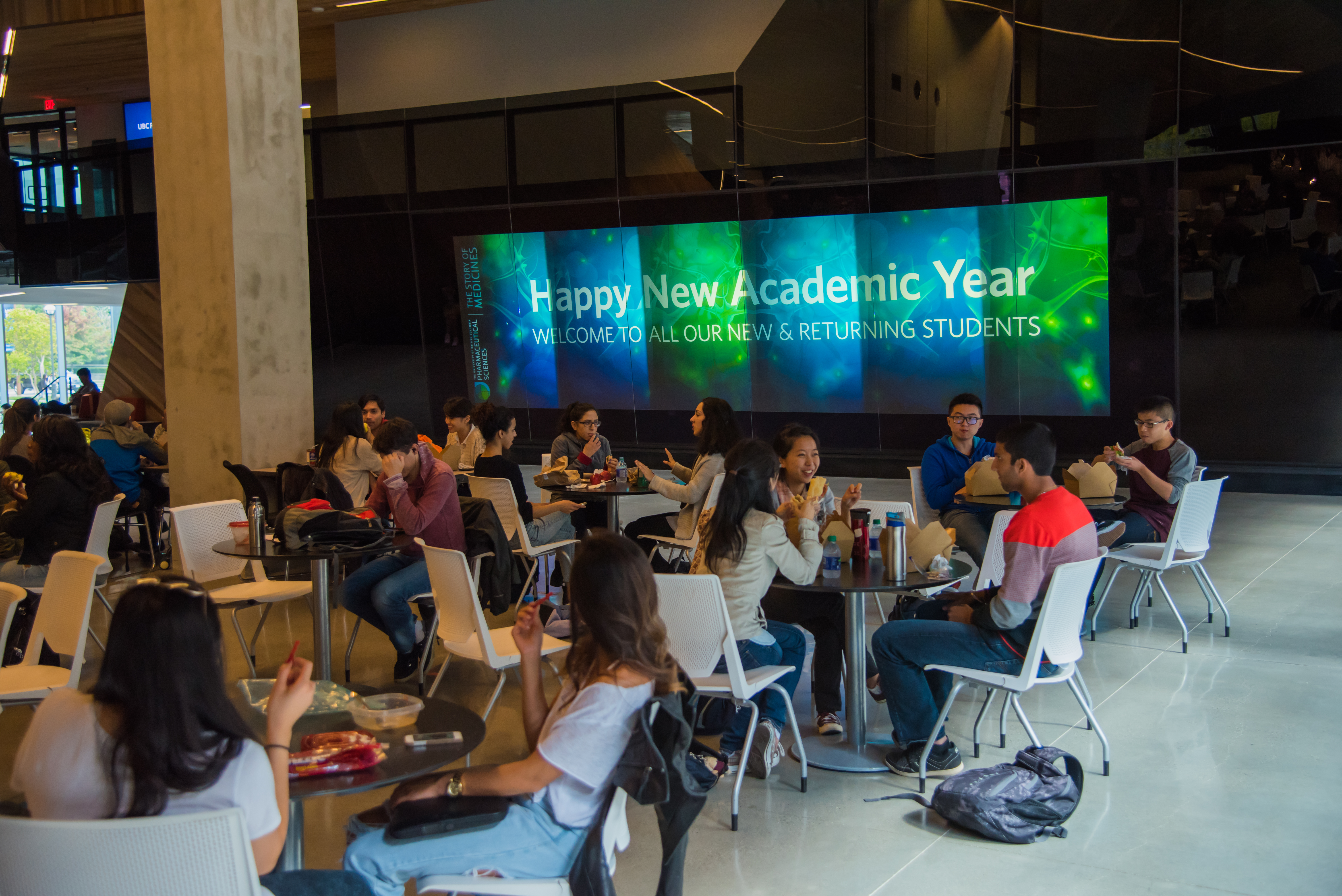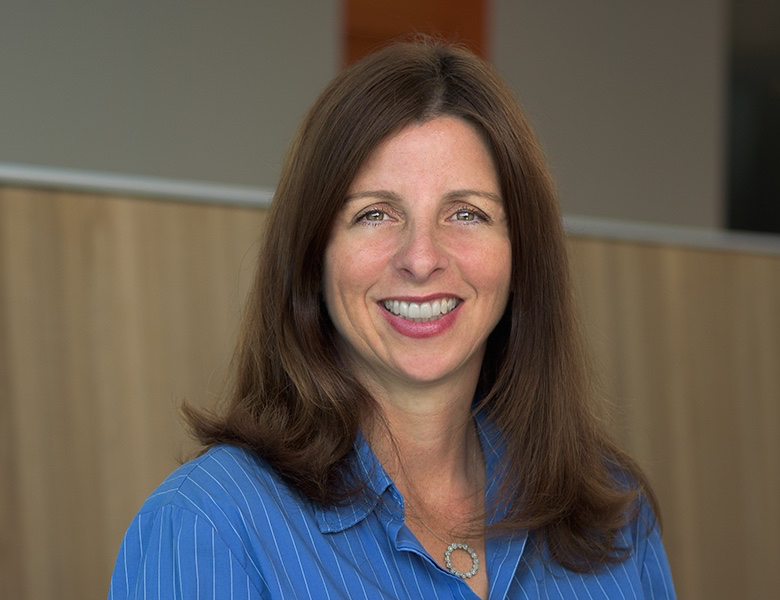Pathways in Pharmacy is an ongoing series where we’ll learn about different career journeys that began with a pharmacy degree. This month, Curt Fowkes tells us about his journey from the University of Alberta, to UBC, through to a hospital residency and ICU work with Northern Health, before finding his path back into community pharmacy.

JK: Why did you choose pharmacy as a profession?
CF: Well, we’re thinking back a while ago! I grew up in Quesnel, just south of Prince George. I knew a pharmacist when I was in high school there and spent some time job shadowing with him. He was very passionate about what he did and his mentorship is what initially got me interested. He worked with another pharmacist who had completed a hospital pharmacy residency. He also had experiences to share that showed me there was a lot more to offer from the degree than I had realized.
Quesnel is a pretty small community where everybody knows everybody, and I saw the impact that these pharmacists were having on the lives of people that I knew. I also felt that becoming a pharmacist would provide job security for my own future.

JK: And how did you come to UBC Pharm Sci then?
CF: After high school I went to the University of Alberta, intent on attending their school of pharmacy. But after a couple of years away from home, I wanted to move back to BC. My sister was already in the pharmacy program at UBC, my brother had just finished school at UBC and was still living in Vancouver, and we had spent a lot of time at UBC growing up as my parents were both UBC graduates.
JK: What was the best thing about UBC for you?
CF: Well as my parents had been to UBC, we had made lots of trips there while I was growing up, so I was familiar with the campus. My parents were down in Vancouver a lot visiting, so I had lots of family around. It didn’t hurt that Whistler is nearby with great skiing!
JK: Did you move to Prince George right after graduation?
CF: Yup. I had applied for the hospital pharmacy residency program about halfway through my fourth year. Before the residency results came back I started thinking that perhaps the hospital pharmacy wasn’t for me – but after interviewing with each of the health authorities for a spot in their residency program I decided that it was probably a case of now or never for the extra experience. My sister was accepted into the UBC PharmD program and I thought that down the road that might be something I was interested in as well.
I decided to go with the residency program through Northern Health mainly because it was based out of Prince George and had close proximity to my hometown… and many ski hills! I grew up in this area so it was an easy transition back.

JK: So what happened after your residency?
CF: Afterwards, I continued to work for Northern Health. At the time, they presented me with an excellent opportunity to work as a full time clinical pharmacist in their ICU. I stayed in that role for a few years, but the job gradually expanded into other areas and I began to miss a lot of the interaction I’d previously had with patients in the community.
Throughout my residency, and after, I had worked for a couple of pharmacists who owned two independent pharmacies in town. Their pharmacies had a huge range of variations to the services they provided, and had been locally owned in the community for forty years. I had always appreciated their practice, and how close they were with all of their patients. This is largely what led me to leave the hospital and work with them full time.
I worked hard for them for three or four years, allowing myself to be mentored in the business aspects of pharmacy, and the value of patient-pharmacist interactions. I did my best to build a clinical practice for myself in their stores, and gradually my role grew.
This summer a great opportunity came up where another local independent pharmacy owner was retiring, and I partnered with these new mentors of mine to purchase his pharmacy as an equal shareholder.
JK: That’s great! It sounds like a big part of the appeal of being a pharmacist is being a part of the community and getting to know people. Do you feel that’s how things have turned out for you?
CF: Yes, I think a huge part of our job as pharmacists is getting to know people. There is so much focus in school on theory and how to treat conditions, and manage them best for people, but you can’t do that as effectively without having a good relationship with the patient. It’s essential for people to receive good care, and have somebody that they can go to and talk to. I’m so glad I did the hospital residency because I definitely find that I am still incorporating clinical functions that I learned in my residency into my everyday practice. I also got to know a lot of physicians in town here and have built good relationships with them. This really helps me to advocate on behalf of my patients and make a difference for them.
JK: If you could go back to your pharmacy school self, what advice would you give to him?
CF: Keep your eyes open! You never know what kind of opportunities are going to come along your way, how life is going to change, or what you might come across. I think it’s good to gain any experience that you can. Keep your eyes open, look for opportunities to expand your knowledge, and think outside the box.
Any questions for Curt? Leave them in the comments or on Facebook.
Read Pathways in Pharmacy #1 with Mark Kunzli.
Learn more about our programs here.


 Follow
Follow
